Guinea-Bissau
Guinea-Bissau's President Umaro Sissoco Embalo announced the formation of a new government on Wednesday evening, designating the crucial responsibility of combating corruption to the newly appointed leader.
This development unfolds against the backdrop of a nation in crisis, characterized by the dissolution of the Assembly and recent clashes that President Embalo has labelled an "attempted coup."
"The relentless fight against corruption must be the backdrop (of your team's tasks). No one has the right to take the public good for himself", said Mr Embalo at the investiture of the new head of government, Rui Duarte Barros, on Wednesday.
"If tomorrow we discover suspicions of corruption against you, you too will be brought to justice. All institutions must be audited, starting with the accounts of the presidency (of the Republic). No one should be above the law", he added in Guinea-Bissau Portuguese Creole, one of the most widely spoken languages in this former Portuguese colony.
Mr Embalo then appointed a new 33-member government made up of 24 ministers and nine secretaries of state, drawn from his camp and the opposition PAI-Terra Ranka coalition, which remains in the majority in the new government team.
These new ministers and secretaries of state are due to be sworn in on Thursday, according to an official programme.
The new Prime Minister, Rui Duarte Barros, was head of a transitional government in the early 2000s, after serving as Finance Minister in the late 1990s.
He replaces Geraldo João Martins, who was ousted on Wednesday, eight days after being reappointed as head of government. Both leaders are members of the historic PAIGC party, which heads the PAI-Terra Ranka coalition, which won a majority in the National Assembly with 54 of the 102 seats in the parliamentary elections held in early June.
Mr Martins was reappointed as head of government on 12 December despite the dissolution of the National Assembly by President Embalo following clashes between the National Guard and the army on 1 December, which left at least two people dead in the capital Bissau.
The dissolution of parliament calls for legislative elections to be held at an unspecified date.
Guinea-Bissau's Head of State described the events of 1 December as an "attempted coup d'état", while the President of Parliament and long-time opponent of Mr Embalo denounced a "constitutional coup d'état" by the latter.
The clashes on 1 December began when members of the National Guard burst into the premises of the Judicial Police to extract the Minister of Economy and Finance and the Secretary of State for the Treasury, who were being questioned about a withdrawal of ten million dollars from the State coffers.
The clashes are seen as a further illustration of the deep political rifts at the heart of the state, which also affect the security forces.
Since its independence from Portugal in 1974, Guinea-Bissau has seen a string of coups or attempted coups.



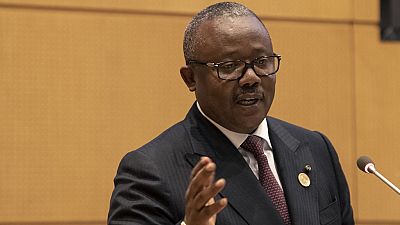

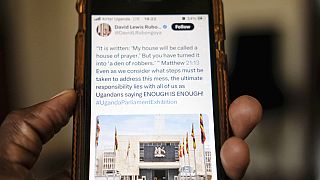
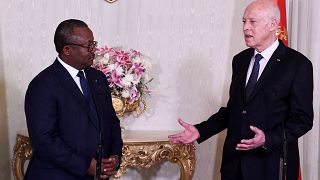
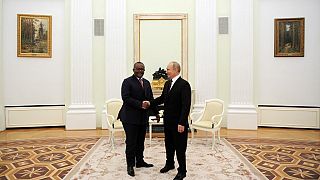
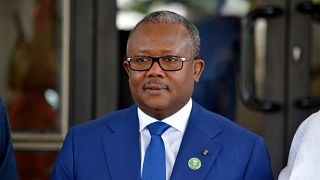

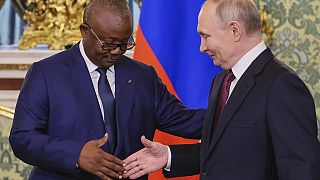



Go to video
Tanzania’s Prime Minister steps down ahead of elections
01:00
Pix of the Day: July 3, 2025
Go to video
’Black Empowerment’ law stalls Elon Musk's $113 million investment in SA
Go to video
In Kenya, 90% of packaged food needs health warning label under new rules
00:52
Nigeria’s Peter Obi to contest 2027 election, opposition coalition in jeopardy
Go to video
Cameroon’s Tourism Minister joins presidential race as Biya’s silence fuels uncertainty